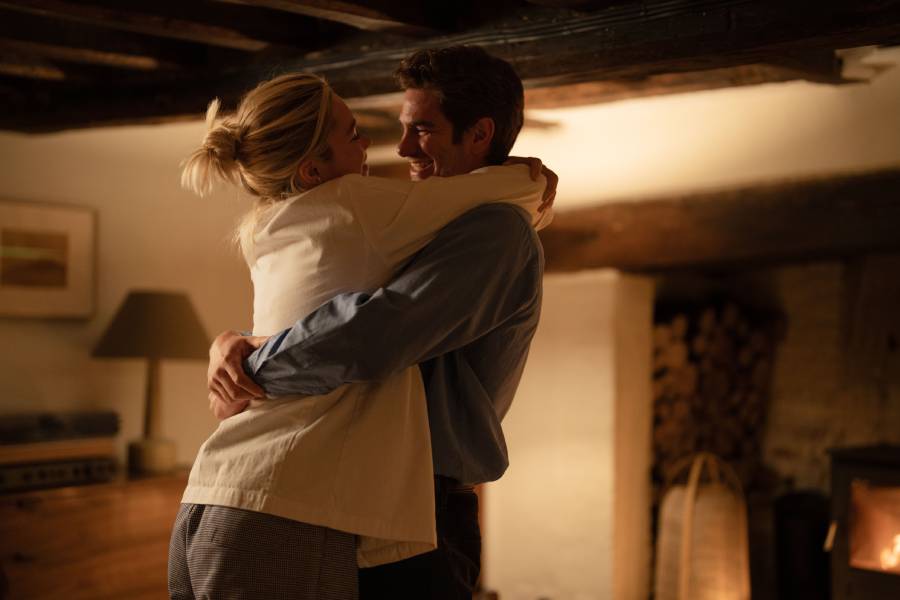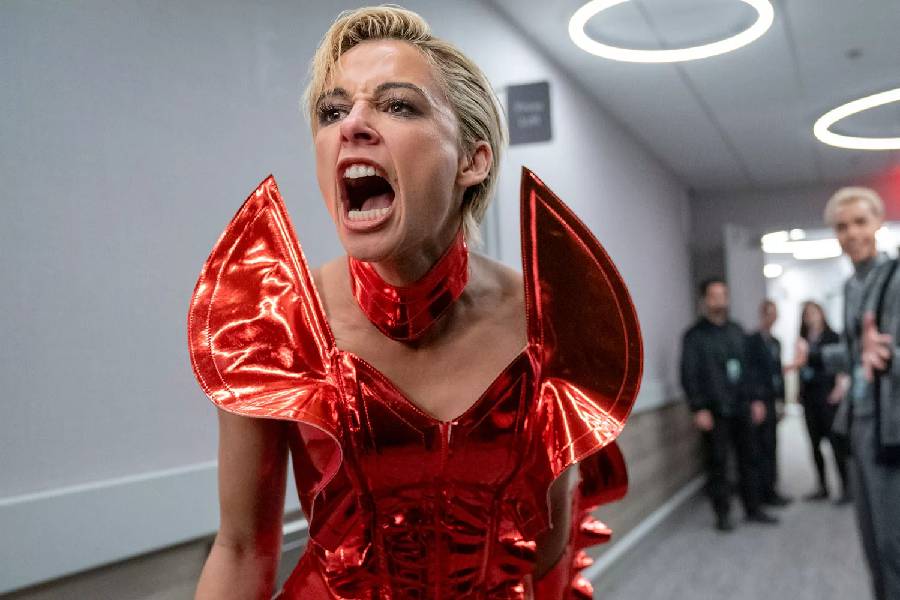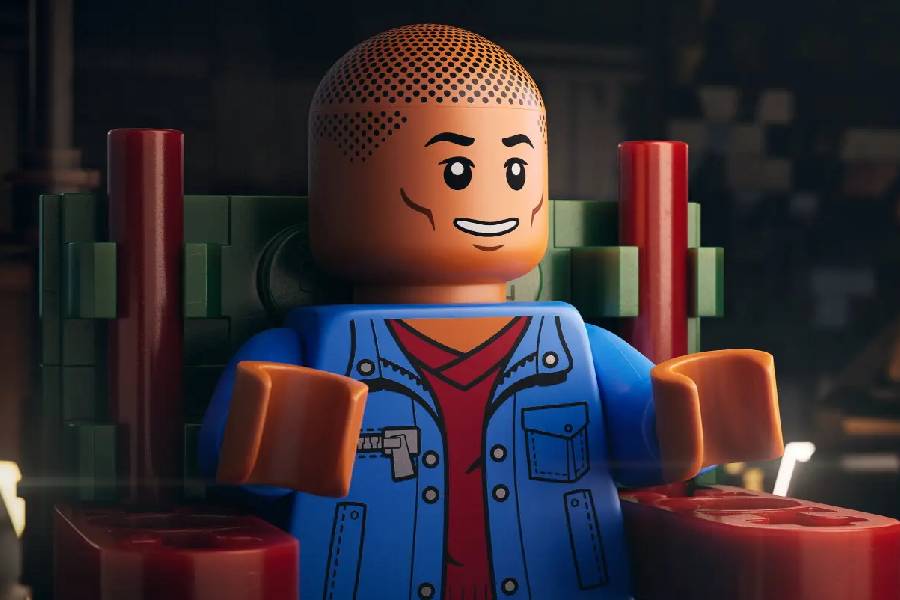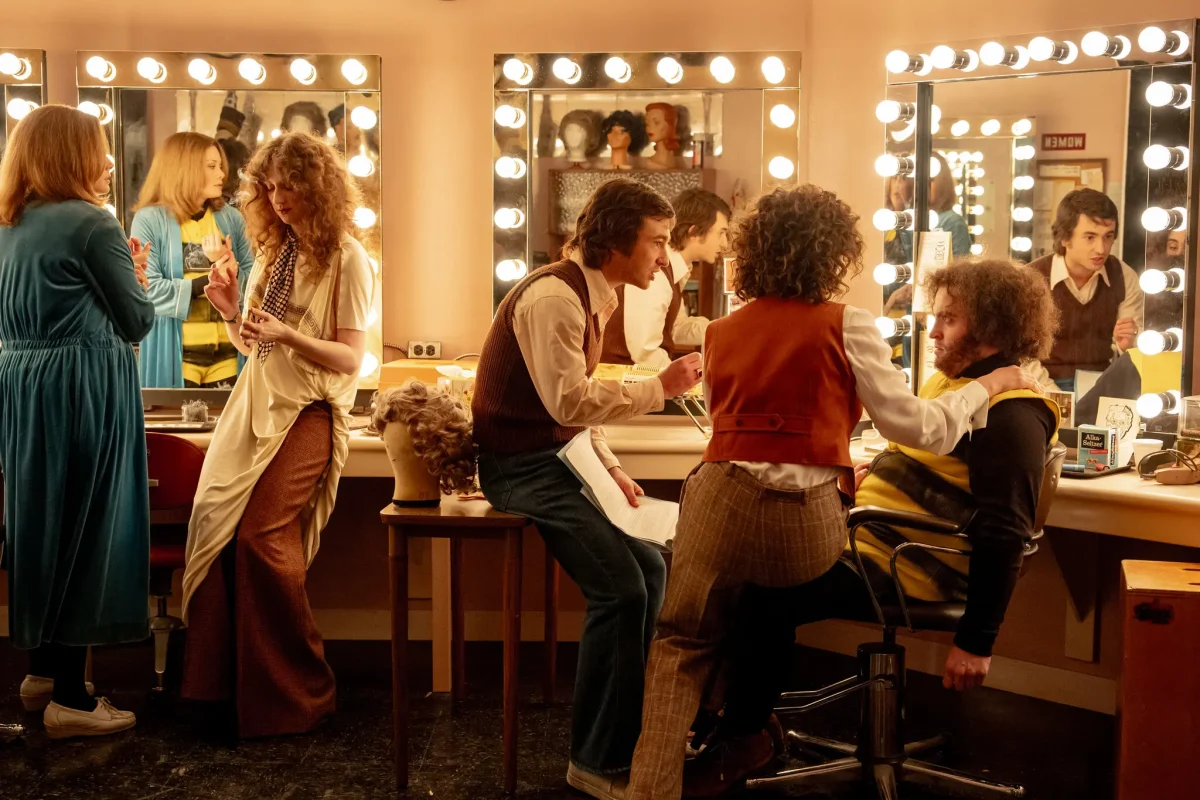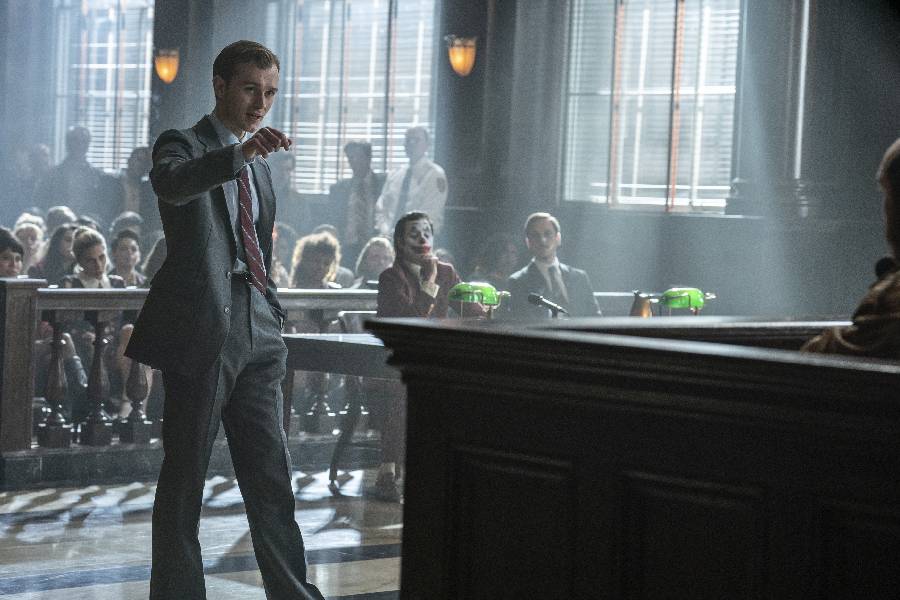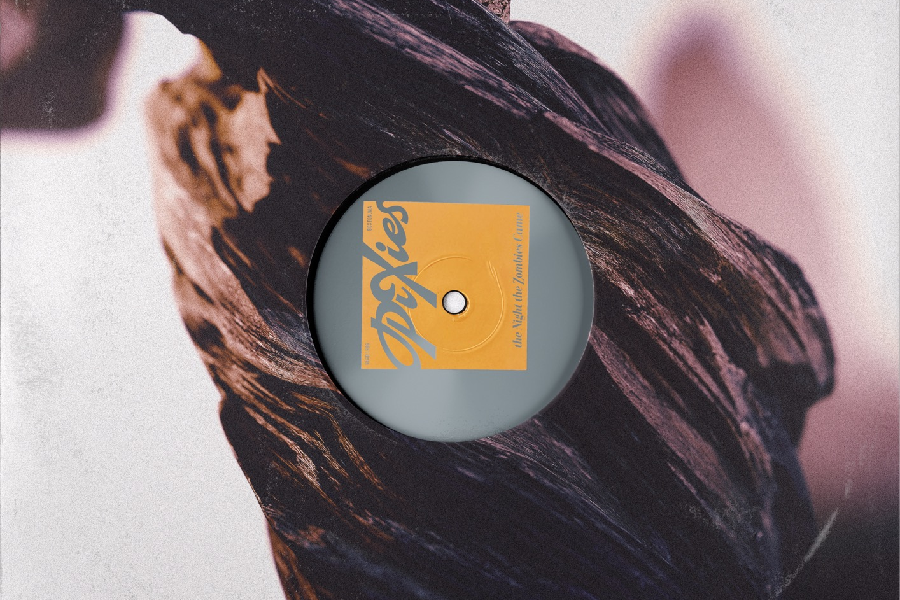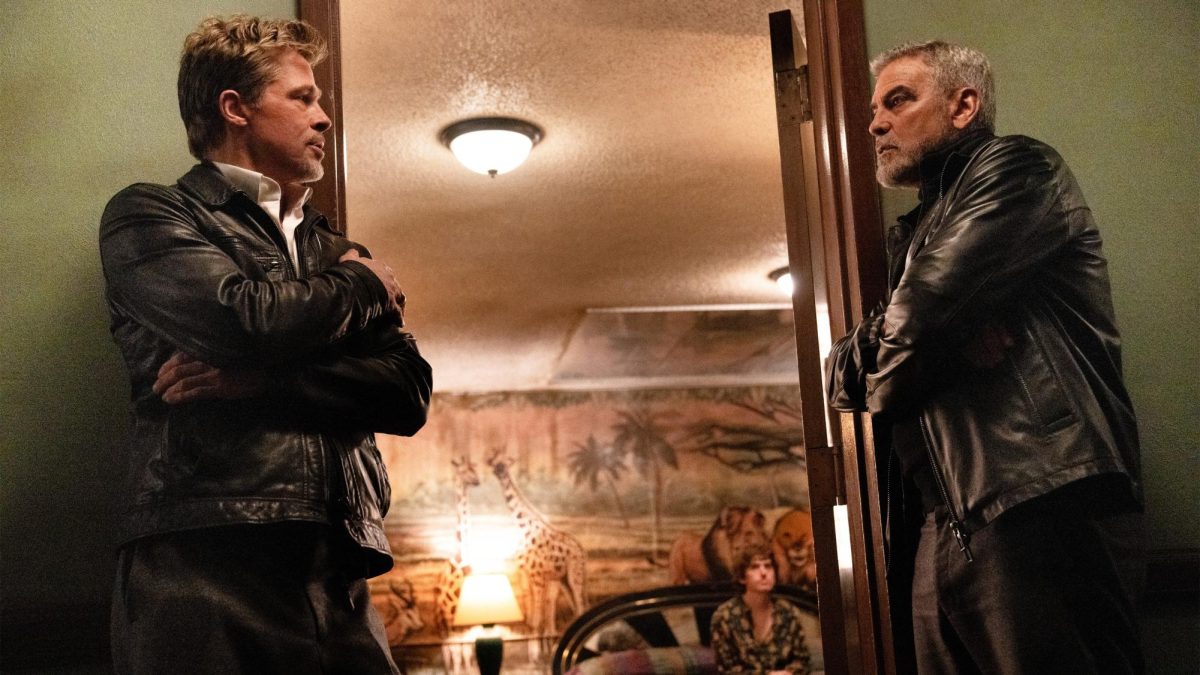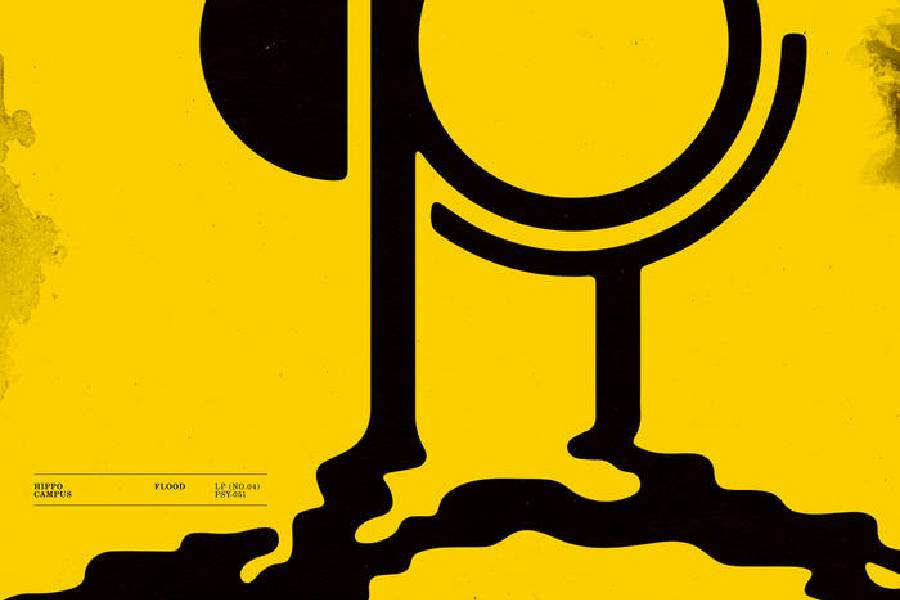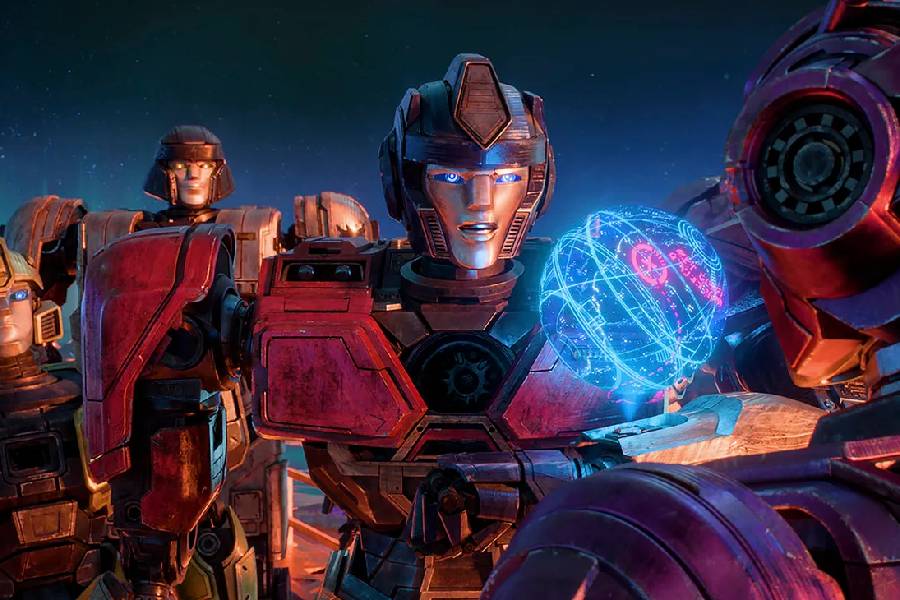The bustling streets of Mumbai, India, teem with activity: People spill out of street cars, vehicles honk impatiently in the ever-present traffic and over 5,000 couriers travel by train and bicycle to deliver lunch to their hungry customers.
However, in “The Lunchbox,” writer-director Ritesh Batra’s feature-length debut tells the story of an ordinarily infallible delivery system that makes a mistake which leaves the notoriously grumpy Saajan Fernandes (Irrfan Khan) as the lucky recipient of another employee’s homemade lunch. Ila (Nimrat Kaur), a neglected housewife, puts extra effort into the meal meant for her husband, hoping to rekindle his interest in her. Instead, Saajan, a claims specialist on the verge of retirement, devours the carefully prepared meal without guilt, assuming the restaurant he regularly orders from has simply elevated its standards.
Encouraged by the empty dishes Saajan sends back, Ila anxiously waits for her husband to return from work, only to discover the mix up. The worst part: Her oblivious husband doesn’t even notice the difference. However, instead of correcting the delivery error, Ila puts a note in Saajan’s next lunch, taking the advice of her meddling upstairs neighbor, the elderly Auntie Deshpande (Bharati Achrekar), who believes Ila deserves a thank you. As a result, Ila and Saajan begin exchanging letters through the lunchbox, both finding solace in the innocent daily correspondence that soon sparks a genuine friendship and potential romance.
Khan plays Saajan with convincing loneliness and judicious tact. He is solemn, meticulous and self-contained, a foil to his co-star Nawazuddin Siddiqi’s character, the talkative Aslam Shaikh. Shaikh, the trainee meant to replace Saajan after his upcoming retirement, is unflappably charismatic and therefore extremely annoying to the no-nonsense old timer. However, though their clashing differences make their interactions humorous to watch, the development of their on-screen friendship becomes one of the more emotionally visceral aspects of the film, especially when the radically opposite personalities end up having more in common than they realize: Saajan is a widower, while Shaikh is an orphan.
The plot itself seems a bit unoriginal — two lonely strangers find comfort in confiding in each other, leaving the audience wondering when and if they’ll ever meet in person. But Batra weaves comedy into the script, often taking the audience by surprise and effectively livening the narrative. Auntie Deshpande, with her insistent hollering and bold schemes, is a frequent source of comic relief. In one scene, after Saajan responds to Ila’s first, thoughtful letter with a thankless note remarking that “the salt was too high,” Auntie Deshpande talks her into making Saajan’s next meal with an abundance of hot peppers, which she provides herself.
Other times, Batra’s humor is found in subtler actions, like the jealous expressions of Saajan’s nosy deskmate at the arrival of his delicious lunch. Batra even manages to slip a joke into some of the more serious scenes, keeping the film from becoming too dire with its frequent, though poignant, musings on loneliness and loss that will prompt viewers’ self-reflection.
But while Batra delivers both comedy and drama through effective storytelling, he is most notably a master of transition, linking scenes through visual cues or matches on action. Saajan’s bright blue-and-gray striped cylindrical lunchbox is found in many scenes, sometimes hovering on the edge of the frame. It can be found hanging in Ila’s kitchen, sitting on the edge of Saajan’s desk before lunchtime or lined up by the dozens at the restaurant Saajan initially believes is sending his meals, prompting viewers to deduce elements of the situation on their own. Likewise, Batra uses music and narration to connect characters and plot points, implementing repeated phrases or motifs to further illustrate the sense of universal interconnectedness promoted by the film.
“The Lunchbox” livens a recycled premise with its unexpected humor and charming characters, whose persistent search for fulfillment in both love and friendship is heartwarmingly honest.







